In the fast-paced rhythm of modern life, the allure of caffeine as a productivity booster and energy enhancer is hard to resist. From the bustling streets of New York to the serene cafes of Paris, coffee has become a staple for millions. However, a recent study has cast a shadow over our beloved beverage, suggesting that excessive caffeine consumption might be a ticking time bomb for cardiovascular health.
The study, led by Nency Kagathara from Zydus Medical College and Hospital in Dahod, India, has sent ripples through the medical community. It reveals that consuming over 400 milligrams of caffeine a day, equivalent to a venti-size coffee at Starbucks, significantly increases the risk of cardiovascular disease, even in otherwise healthy individuals. This finding is particularly alarming given the widespread belief that caffeine is a harmless stimulant.
The Science Behind the Buzz
Caffeine, a natural stimulant found in coffee, tea, and many energy drinks, works by blocking the action of adenosine, a neurotransmitter that promotes sleep and relaxation. By doing so, caffeine increases alertness and reduces fatigue. However, this same mechanism can have unintended consequences. Caffeine stimulates the production of stress hormones like noradrenaline and epinephrine, which in turn increase heart rate and blood pressure by narrowing blood vessels. This physiological response is akin to revving up a car engine, putting additional strain on the cardiovascular system.
The Study: A Wake-Up Call
Kagathara's study involved 92 healthy adults aged 18 to 45, all with normal blood pressure at the start of the experiment. Participants underwent a three-minute step test to measure their cardiovascular response. The results were striking: nearly 20% of participants consumed more than 400 mg of caffeine daily, which is roughly four cups of coffee. Chronic daily consumption of this amount was found to raise heart rate and blood pressure over time.
The findings were presented at the American College of Cardiology conference in Delhi, India, where they garnered significant attention. The study highlights a critical issue: while moderate caffeine consumption may be safe for most people, excessive intake can have serious health implications. The US Food and Drug Administration (FDA) has stated that 400 mg of caffeine a day is "not generally associated with dangerous, negative effects," but acknowledges that individual sensitivity and metabolism rates vary. The Mayo Clinic also asserts that up to 400 mg of caffeine appears to be safe for most healthy adults. However, these guidelines may need to be re-evaluated in light of Kagathara's findings.
The Hidden Dangers
The study also revealed that urban women in business and management roles had the highest daily caffeine intake, often exceeding 600 mg. These high levels of consumption led to significantly elevated heart rates and blood pressure even after just five minutes of rest following the step test. This suggests that the cumulative effects of daily caffeine consumption can be particularly harmful, especially for those already at risk due to lifestyle factors such as stress and sedentary behavior.
The Broader Implications
Hypertension, or high blood pressure, is a silent but deadly condition linked to a higher risk of coronary artery disease, heart failure, chronic kidney disease, and dementia. The study's findings underscore the importance of raising awareness about the potential risks of excessive caffeine consumption. While caffeine can provide a temporary boost in mood and productivity, the long-term effects on cardiovascular health cannot be ignored.
A Balanced Approach
So, what does this mean for coffee lovers and caffeine enthusiasts? Moderation is key. Limiting caffeine intake to 400 mg or less per day can help mitigate the risks. Additionally, incorporating healthy lifestyle habits such as regular exercise, a nutritious diet, and stress management can further protect cardiovascular health. In cases where weight loss, dietary changes, and exercise are insufficient, medication may be prescribed to manage hypertension.
The Expert View
Dr. Benjamin Hirsh, director of preventative cardiology at North Shore University Hospital, described the study's findings as "compelling." He emphasized that while caffeine can enhance productivity, the potential risks to heart health should not be overlooked. "Over-reliance on caffeine may help productivity, but health should always be at the forefront," he said.
The study by Kagathara and her team serves as a stark reminder that even seemingly harmless habits can have significant health implications. As we navigate the demands of modern life, it is essential to be mindful of the substances we consume and their impact on our bodies. Caffeine, while a powerful ally in the battle against fatigue, must be approached with caution. By understanding the risks and making informed choices, we can enjoy the benefits of caffeine without compromising our cardiovascular health. After all, a healthy heart is the foundation of a vibrant and fulfilling life.
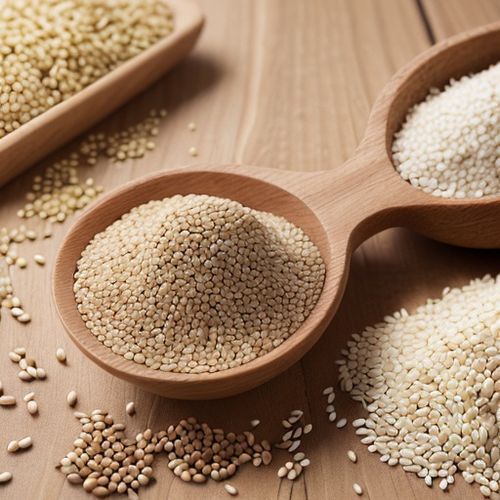
By George Bailey/May 12, 2025

By Amanda Phillips/May 12, 2025

By Thomas Roberts/May 12, 2025
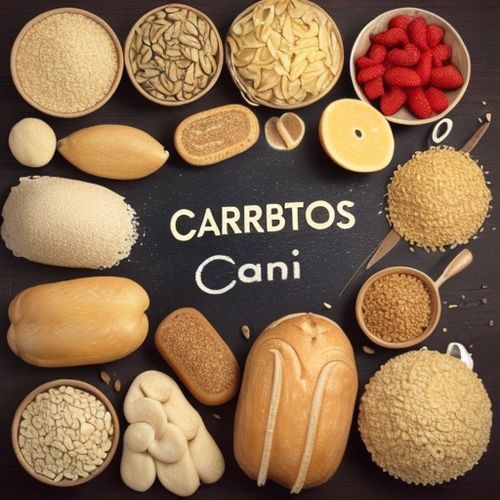
By Benjamin Evans/May 12, 2025
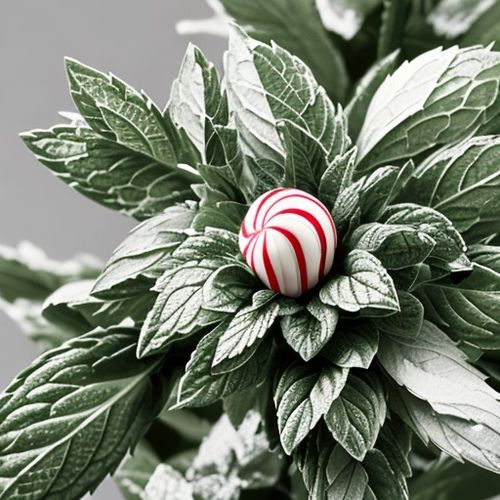
By Natalie Campbell/May 12, 2025

By Lily Simpson/May 12, 2025
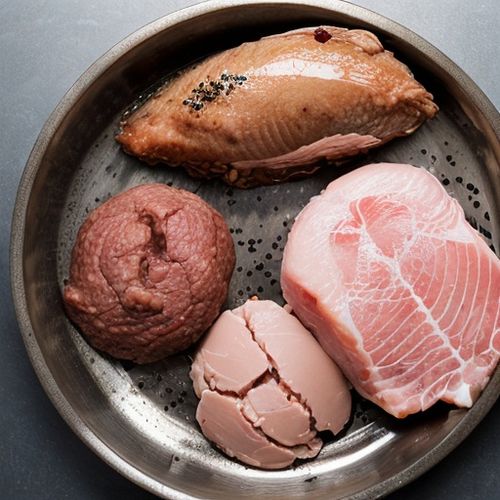
By Megan Clark/May 12, 2025

By Christopher Harris/May 10, 2025

By Emma Thompson/May 10, 2025

By Ryan Martin/May 10, 2025

By Michael Brown/May 10, 2025
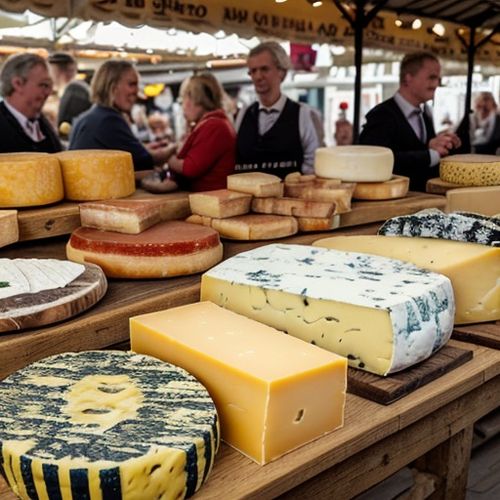
By Sophia Lewis/May 10, 2025

By Eric Ward/May 10, 2025

By George Bailey/May 10, 2025

By Elizabeth Taylor/May 10, 2025